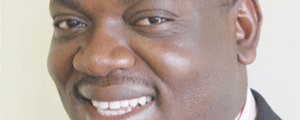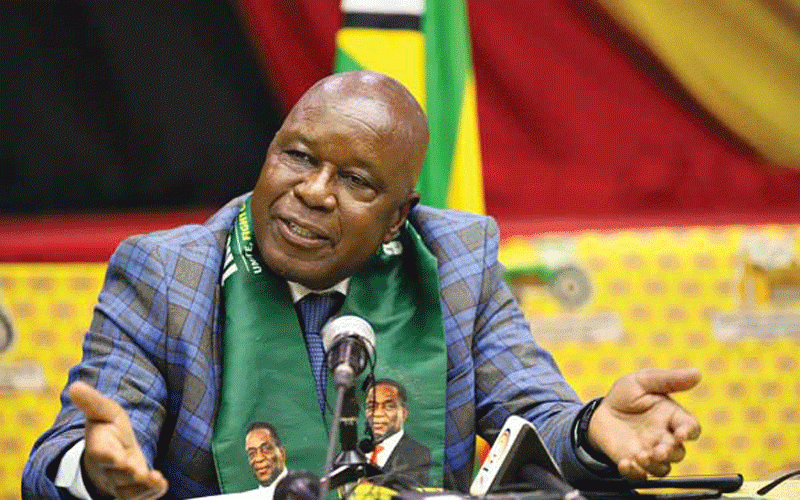
Procurement is high risk on fraud and corruption in all professions.
Report by Nyasha Chizu
Recent OECD reports include the judiciary, revenue authority and the police on corruption-prone institutes in all countries.
Procurement function leads the pack because of its role in business. Procurement is the conduit of the transfer of 60–80% of revenue to suppliers in exchange for goods and services.
In well-structured organisations, all expenditure, save for salaries, is the responsibility of the procurement.
A code of ethics for the profession is a requirement to define behaviours and actions that commit members to maintain and uphold integrity.
Members of the Chartered Institute of Procurement and Supply (CIPS) sign a code of conduct that embraces four elements of professional conduct.
The CIPS Global Board of Trustees on June 12 approved the improved Code responsive to the ever-changing business environment.
- Chamisa under fire over US$120K donation
- Mavhunga puts DeMbare into Chibuku quarterfinals
- Pension funds bet on Cabora Bassa oilfields
- Councils defy govt fire tender directive
Keep Reading
Members must enhance and protect the standing of the profession; maintain the highest standard of integrity in all business relationships; enhance the proficiency and stature of the profession; and ensure full compliance with laws and regulations.
To enhance and protect the standing of the profession, members sign not to ever engage in conduct, either professional or personal, which would bring the profession or CIPS into disrepute.
They must not accept inducements or gifts other than any declared gifts of a nominal value which have been sanctioned by their employers.
Members must not allow offers of hospitality or those with vested interests to influence, or be perceived to influence their business decisions.
Protection of the profession extends to the behaviour of the member outside the professional life since it has an effect on how the profession is perceived.
In order to maintain the highest standard of integrity in all business relationships, members must reject any business practice which might reasonably be deemed improper.
They must never use their authority or position for personal financial gain. They are required to declare to their line managers any personal interest that might affect, or be seen by others as affecting their impartiality in decision making. This requirement is complemented by Section 17 of the Procurement Act that requires board members to disclose certain connect ions and interests.
Highest standards of integrity require that members ensure that the information they give in the course of work is accurate and not misleading.
They must never breach the confidentiality of information they receive in their professional capacity. Genuine, fair and transparent competition must be encouraged. Members must be truthful about their skills, experience and qualifications.
Enhancement of proficiency and stature of the profession requires that members continually develop and apply knowledge to increase personal skills and those of the organisations they work for.
They must foster the highest standards of professional competence among those for whom they are responsible.
Optimisation of the responsible use of resources which they have influence over for the benefit of the organisation is expected. Audit reports for ethical procurement professionals would mirror proficiency and stature of the profession.
The CIPS code requires full compliance with the laws and regulations by adhering to the laws of the country in which they practice such as the Constitution and procurement laws and regulations, and procurement policies and procedures.
In their professional capacity, members are required to fulfill agreed contractual obligations both with their internal as well as their external customers.
Last, but not least, members in addition to the presence or absence of their own code of conduct, must follow CIPS guidance on professional practice.
Nyasha Chizu is a Fellow of the Chartered Institute of Procurement and Supply writing in his personal capacity. Feedback: [email protected]; [email protected]











